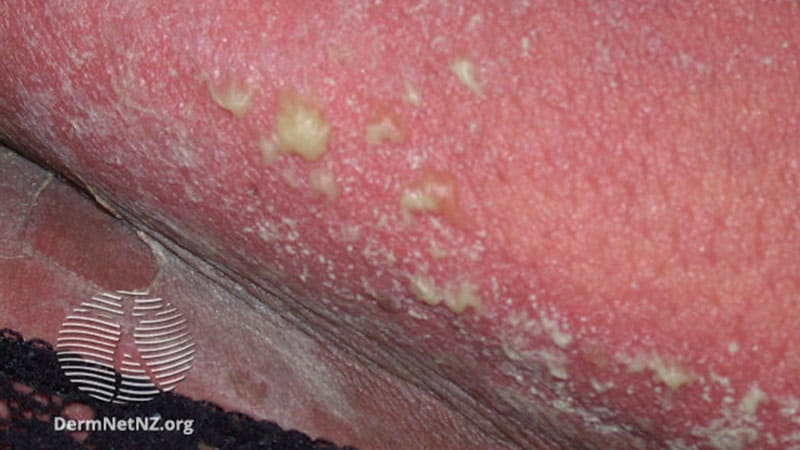Research presented this past week at ASA Advance 2022, the Anesthesiology Business Event, found that artificial intelligence-based scheduling can play a significant role in reducing burnout and improving physician engagement.
Six months after the anesthesiology department at Ochsner Health in New Orleans implemented its new AI scheduling system, the average engagement scores of 60 anesthesiologists increased from 3.3 to 4.2 out of 5, said researchers – one of the largest improvements in the Ochsner Health system.
“We implemented AI scheduling of anesthesiologists in 2018 to increase control and flexibility and quickly saw the benefits,” Dr. Dhruv Choudhry, lead author of the study and anesthesiology resident at Ochsner Health in New Orleans, said in a statement released by the American Society of Anesthesiologists.
“On average, the scheduling allows our anesthesiologists to have one or two mornings and one or two afternoons off a month to allow for increased work-life balance so they are better able to attend events important to them,” he said.
WHY IT MATTERS
Oschner’s previous scheduling system had relied on an Excel spreadsheet, which allowed for one or two variations after accounting for day-off requests, call schedules and fair allocation of early versus late days.
The study found that the AI-based scheduling tool, in comparison, provided both flexibility and predictability, in part by increasing vacation days and reducing ungranted vacation days.
This led to significantly improved engagement scores from anesthesiologists within half a year – suggesting, in turn, a better working relationship between the organization and clinicians, said researchers.
Although Oschner did not respond to requests for details from Healthcare IT News about the specific vendor used, Choudhry’s team explained that the AI scheduling system was also extremely beneficial during the COVID-19 pandemic.
The system created a fair allocation of physician shifts in the intensive care unit, said Choudhry, while considering evolving staffing responsibilities in the operating rooms.
Physicians could also request preferences for ICU work or operating room work, which Choudhry said reduced anxiety for some staff.
Even at a time rife with frustration, fear and burnout, Choudhry said that physician engagement scores continued to hold steady during COVID-19 surges.
“While the staff-created schedule took 60 hours to 75 hours per month, the AI system generates the schedule over a 14-hour period and essentially generates an unlimited number of combinations to deliver the best schedule option for the department,” he said.
THE LARGER TREND
AI has been beneficial for scheduling for both providers and patients, particularly when an individual has to receive multiple appointments in the same day.
It can also help optimize a clinician’s schedule by customizing the time allocated to patients depending on their needs.
However, as with other tools, it’s vital to consider the possibility of bias when relying on AI for scheduling: A study published this past summer found that some machine learning-powered systems led to longer wait times for Black patients.
ON THE RECORD
“Our physicians understand that a long day or week will be reciprocated in the future with a shorter day or week, which was not possible with the previous system,” Choudhry explained in a statement about Oschner’s AI scheduling system.
Kat Jercich is senior editor of Healthcare IT News.
Twitter: @kjercich
Email: kjercich@himss.org
Healthcare IT News is a HIMSS Media publication.
Note: This article have been indexed to our site. We do not claim legitimacy, ownership or copyright of any of the content above. To see the article at original source Click Here













